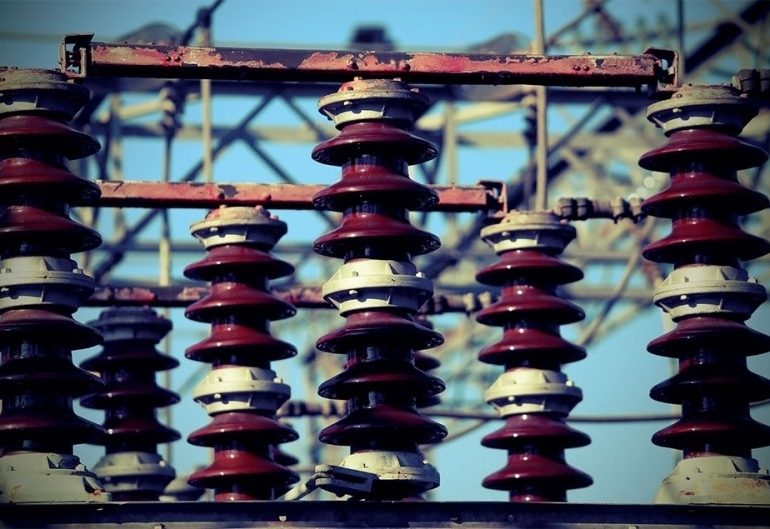Georgia`s energy sector still relies on other countries. 27 million USD – were paid for electricity import from neighboring countries in first 5 months of 2019.
According to GNERC, in January-May 2019, Georgia imported 614.1 million kW-h of electricity from Russia and Azerbaijan, which is 4.8% more than in the same period last year.
In particular, in January-May 2019, 74.4 million kW-h electricity was imported from Russia, which is 138.7% increase compared to the same period of 2018. As for Azerbaijan, 539.67 million kW-h electricity was imported, which is 5.7% growth compared to the same period of last year.
“The energy sector is one of the important components of the economy, not only energy independence, but also national independence, in general. We remember bad examples of what energy dependence can cause. Therefore, this is the primary task. I have stressed in the parliament that energy imports have been growing dramatically. Imports have tripled over the past 2 years, and this is not a small figure. The direct mechanism for neutralizing imports-dependence is to develop domestic generation. It is unimaginable to seek alternatives. Georgia imports electricity in winter. So called “Energy Winter” start from the end of August and can last until April. In critical months – January, February and March we have 25% – 30% increase” – said Irina Milorava, head of the Georgian National Energy and Water Supply Regulatory Commission (GNERC)
Electricity consumption in Georgia is increasing year by year, local power plants fail to satisfy this requirement, so the country has to import electricity. The increased consumption of electricity is linked to the development of various sectors of economy on one side, such as Tourism industry. Also crypto mining, where Georgia is among top 5 countries in the world according to the World Bank data.
The World Bank also pointed out in its conclusion last year, that the country should pay more attention to balance its energy consumption.
“Batumi is one of the critical nodes for us. Electricity consumption in Batumi has been abnormally increased. The implementation of planned projects in Batumi is necessary”-Says Irina Milorava.
Besides the fact that Georgia is becoming more energy-dependent on a country like Russia, which uses energy resources for political influence in different countries, increased imports also have a negative impact on GEL exchange rate.
Growth of electricity consumption in Georgia will continue in the following years and if local electricity generation fails, the imports will increase year by year.
According to the “Ten year network development plan of Georgia” prepared by GSE, the moderate growth of consumption is 5% and optimistic – 7%.
In case additional reasonable projects will be identified, they will be considered in the next Ten-Year Network Development Plan of Georgia
At present, total installed capacity of electric power plants operated in Georgia amounts to 4059 MW. From this, 2218 MW is generated by the so called “regulated” HPPs (with water storage), 895 MW by “seasonal” (run-of-river) HPPs, 110 MW by Gas Turbines, 21 MW Wind farms and 815 MW by thermal power plants and combined-cycle gas turbines (Fig. 1.4).













